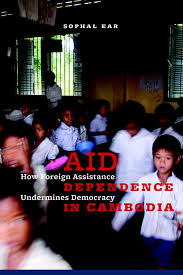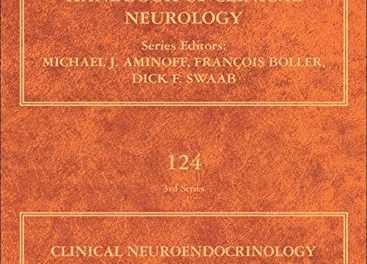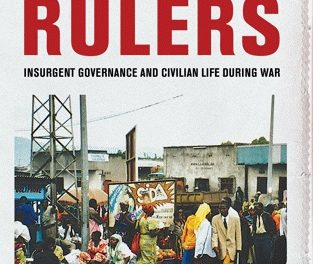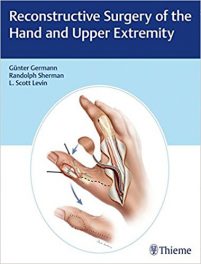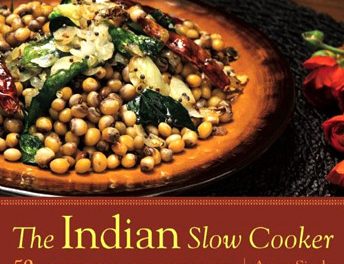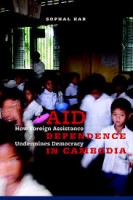 Author: Sophal Ear
Author: Sophal Ear
Publisher: Columbia University Press – 185 pages
Book Review by: Sonu Chandiram
Some 1.7 million Cambodians were killed during the murderous Pol Pot’s dictatorial rule through the Communist-inspired Khmer Rouge movement in the 1970s, writes Sophal Ear in this book. Among those killed was his father.
He points out at the beginning of his work that his parents lived in a three-story villa near Phnom Penh airport. His father was an army captain who also owned a drug store.
His father “was precisely the type of bourgeois the revolution intended to cull from the Cambodian population once and for all,” he writes. Now a professor, Sophal Ear arrived in the United States as a Cambodian refugee at the age of ten.
In speaking about the “revolution” he was referring to Pol Pot’s army of peasants (farmers, villagers) who carried it out. Pol Pot, born in 1925, grew up to become a Communist leader who led a revolution from 1963 until his death in 1998. He became leader of Cambodia in April 1975 and was its prime minister from 1976 to 1979.
A Wikipedia article points out that during his time in power Pol Pot imposed agrarian socialism, forcing urban dwellers to relocate to the countryside to work in collective farms and forced labor projects.
The combined effects of executions, forced labor, malnutrition, and poor medical care caused the deaths of approximately 25 percent of the Cambodian population. In all, an estimated one to three million people, out of a population of slightly over eight million, died due to the policies of his three-year premiership.
While Sophal Ear estimates that about 1.7 million people were the victims of genocide by the Khmer Rouge during the dictatorial Pol Pot regime, it is difficult to come up to a correct approximate number because no death records were kept
With the brief background we have laid out above, readers will better understand the political and economic situation of Cambodia since the end of the 1990s.
Sophal Ear writes in his Conclusion to this book that five metaphorical hungers are still felt by Cambodia, even after it emerged from a “pariah state status” in the 1990s into a nation with representative government. These are:
- Aid dependence
- Poor governance
- Growth without development
- Weak health infrastructure and surveillance
- Shallow democracy
Among the important points he makes while commenting on the above-named “hungers” are the following we mention below, using his own words
- Cambodia is “one broken government from disaster.”
- “If the disease is lack of accountability, then the proof will be in a forthcoming pandemic.”
- “Democracy has been ‘fading away little by little’ (author quoting Chea Vannath, former president of the Center for Social Development) since the U.N. Transitional Authority in Cambodia left the country.”
- “Cambodia is ‘at the crossroads to have its own self-reliance, self-motivation,’ (quoting Vannath) and the time is coming for the government to say ‘enough is enough, we don’t care about your aid’”
- “Cambodia is on the cusp of proclaiming ‘we don’t care about your aid’ to Western donors as it falls under the influence of China and other lenders who have no interest in upholding human rights or democratic values. China’s strategy has been to obtain resources for its own development (Burgos and Ear, 2010).”
The chief value of this book is that a lot of material in it is based on numerous interviews of people – involved in the issue of Cambodia and its precarious situation – and many case studies. So the theses discussed in this study are therefore based on empirical data, and are not just the opinions of the author.
The main thesis of this book is that aid policies, and how aid has been administrated, have contributed to dependence on it, and they have undermined democracy in Cambodia. The main lesson to be learned from it is that there is a wrong way and a right way to help countries achieve democracy. Cambodia is an example of the wrong way.
Sophal Ear is an assistant professor of national security affairs at the U.S. Naval Postgraduate School, where he teaches courses on post-conflict reconstruction and political economy. Previously, he worked for the World Bank and the United Nations. A graduate of Princeton University and the University of California, Berkeley, he arrived in the United States from France as a Cambodian refugee at the age of ten.

